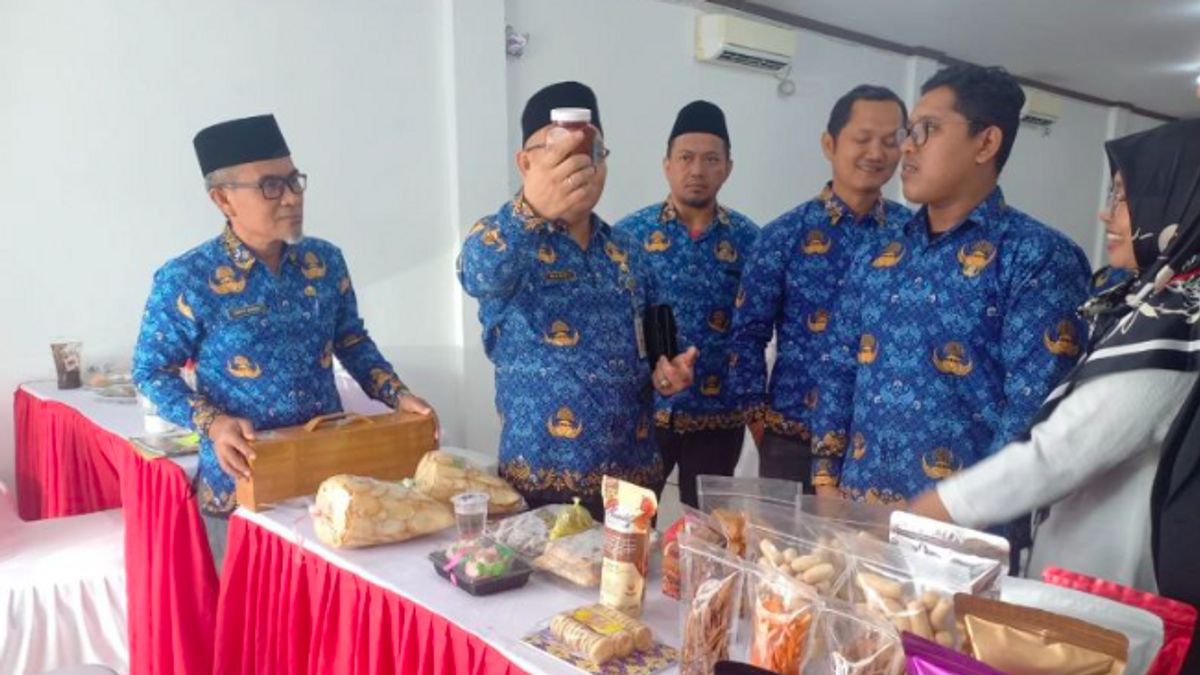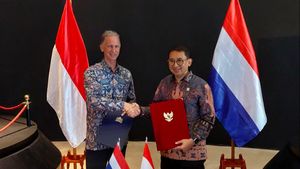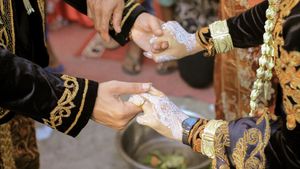JAKARTA - A total of 26 cultural heritages from Natuna Regency, Riau Islands Province, have been officially registered as a communal Intellectual Property Right (HAKI).
According to the Head of Culture Division of the Natuna Regency Education and Culture Office, Hadisun, the registration process has been carried out in stages since 2019.
Some of the cultural heritages registered include traditional culinary delights such as turquoise, putu mayang, and saguk bute, to art and handicraft such as sedanau, Natuna hadrah, serasan mats, rope jars, as well as unique traditions such as taki maen, beghembuong geseng, and bulk meghiam. Other heritages include alu bunguran, pagyh, bujuok, tuyol, kenarnas, penyi, jig keghitak, malok, gulei umbut, pedek, tableau mando, latoh silong, seghuet, and cabuk bigik angen.
"There are dozens of cultural heritages from Natuna Regency, both in the form of objects and non-objects, which have been successfully registered at HAKI," Hadisun said in Natuna, Monday, as quoted by ANTARA.
Hadisun explained that the purpose of this registration is to protect and preserve local cultural heritage. Registration also provides an official acknowledgment that the inheritance is an intellectual property belonging to Natuna Regency.
The registration process is carried out by submitting an application to the Directorate General of Intellectual Property (DJKI). This application requires supporting documents, including complete information and documentation of the registered cultural heritage.
SEE ALSO:
Recognition through communal HAKI brings various benefits, including protecting cultural heritage from abuse or exploitation by other parties. In addition, this recognition also allows the management of cultural heritage to support the economic welfare of the local community.
"Through HAKI, this cultural contribution is recognized and can be used more directionally for the interests of the regional economy," said Hadisun.
However, he noted that the registration process is now getting tighter than in previous years. "A few years ago, registration requirements were still lighter. We recently proposed nine cultural heritages, but one of them did not qualify," he explained.
The English, Chinese, Japanese, Arabic, and French versions are automatically generated by the AI. So there may still be inaccuracies in translating, please always see Indonesian as our main language. (system supported by DigitalSiber.id)

















